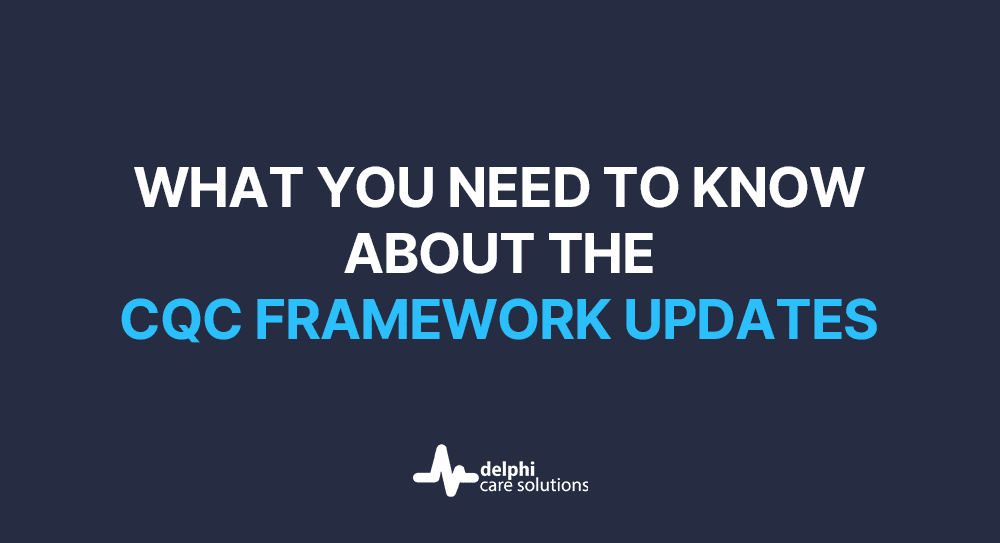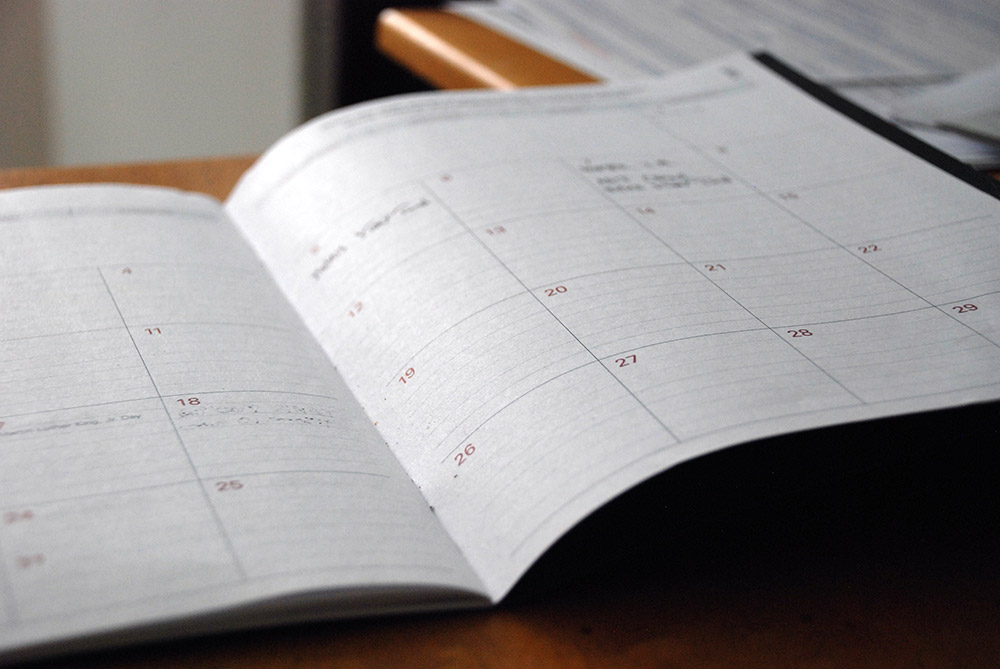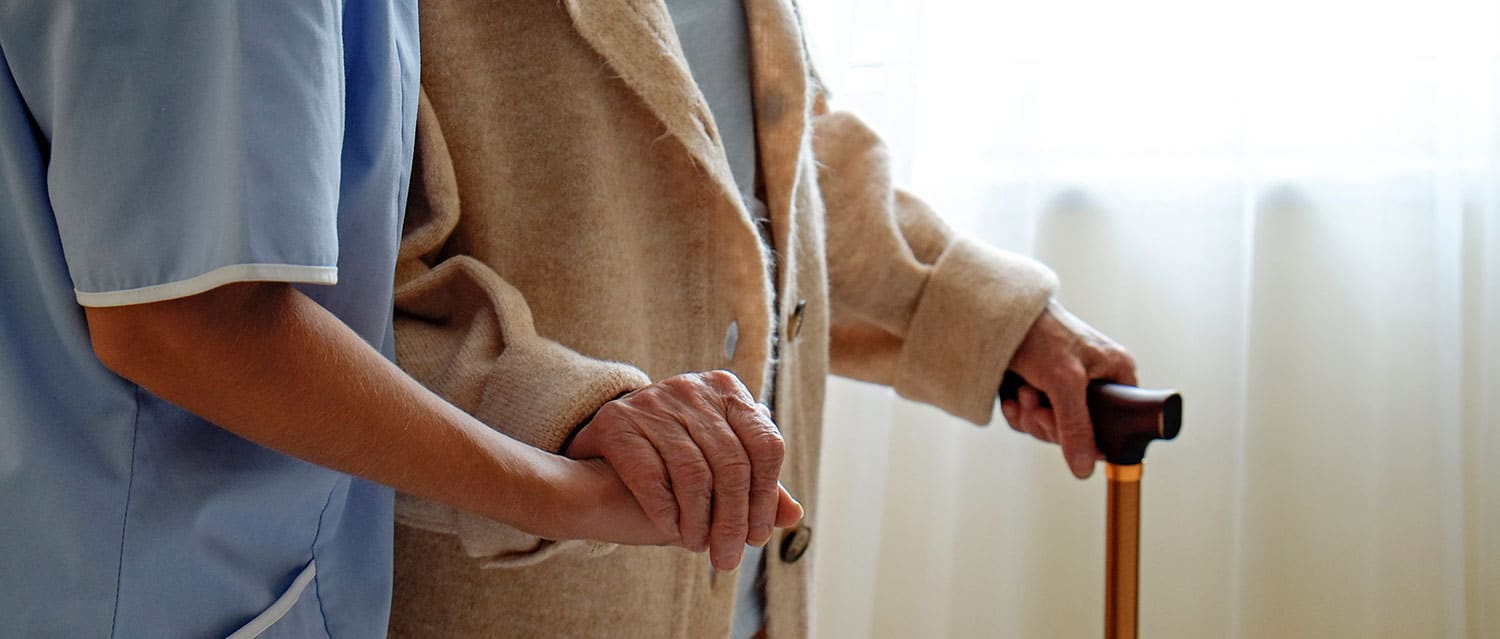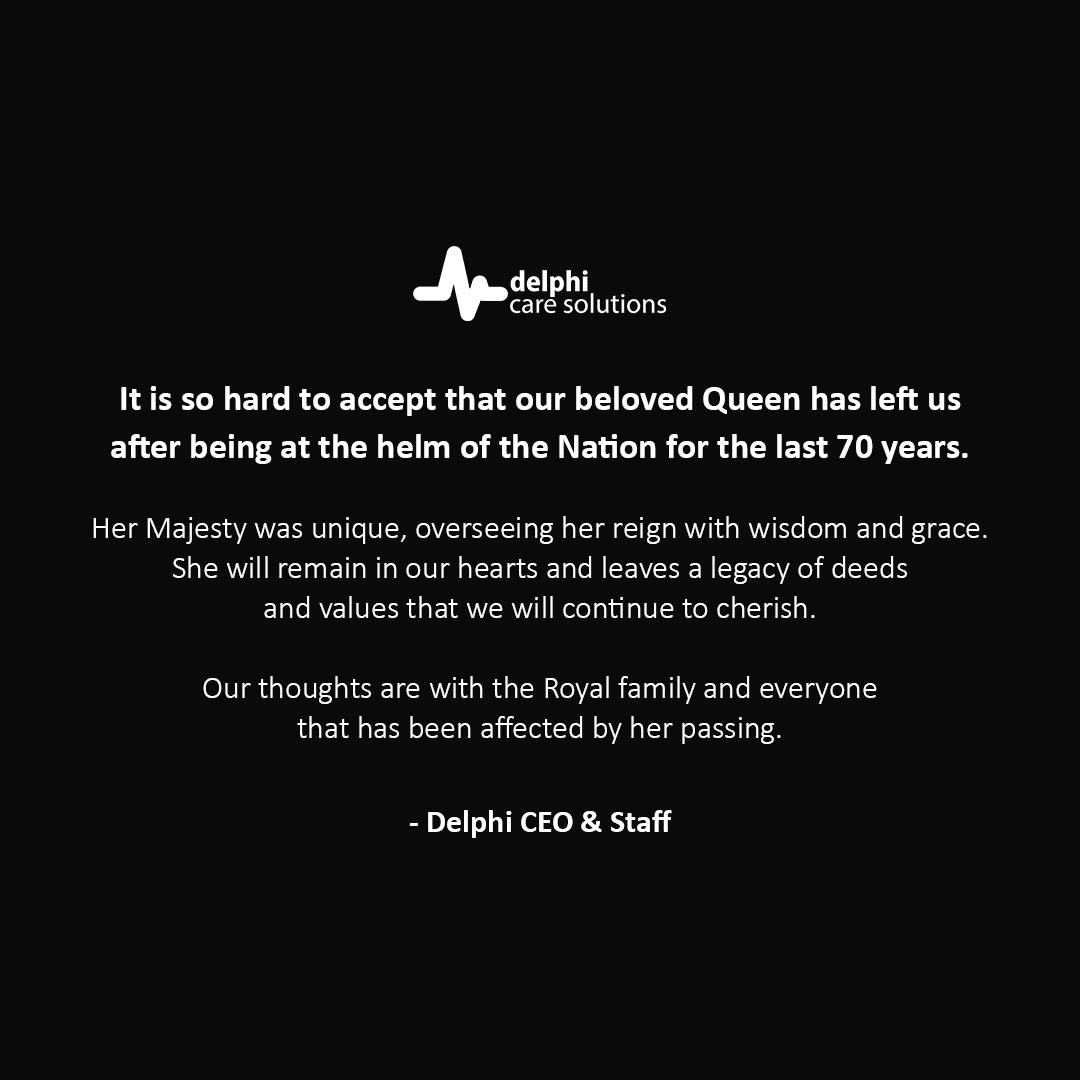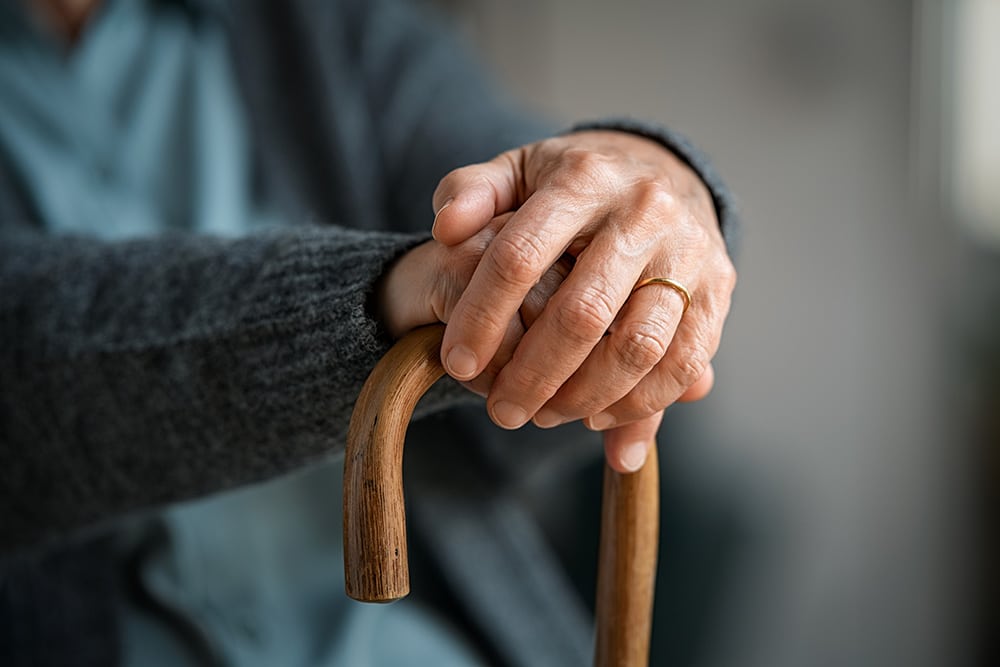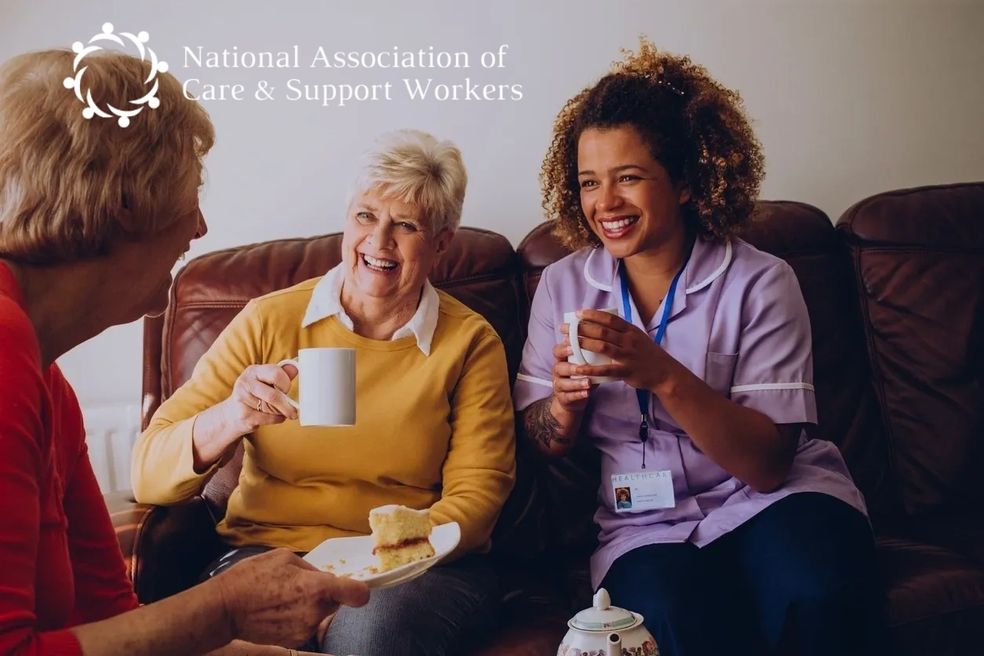Scott McMurray /
January 2023
What to understand if you’re a new caregiver

Becoming a caregiver is both hugely demanding and hugely rewarding. As such, it’s vital to balance your needs and wants with the needs and wants of the person you’re caring for. With that in mind, here are key points you need to understand as a new caregiver.
Everything starts with understanding the person you’re caring for
Becoming a caregiver is a lot like starting a new job. You’ll have a reasonable, general idea of your core duties. You may, however, need time to figure out the best way to perform them. The NHS has lots of helpful guidance for carers, especially new ones.
While you are going through this process, you will also be building a relationship with the person you’re caring for. Remember, even if you knew them before, your relationship dynamic will have changed. You will both need to work out what that means in practice.
Be aware that a person’s needs may change over time
Most jobs change over time, at least to some extent. It’s particularly likely with caregiving roles. The person you are caring for may need more help as time goes on. Alternatively, they may need less. For example, medical treatments may improve a person’s condition so they can do more for themselves.
Establish who needs to be told about what and how
As a caregiver, there are likely to be three sets of people you need to communicate with. These are medical professionals, other support staff and family/friends. These people will all be involved in different areas of the person’s life. This means that they’ll usually need different types of information. They are also likely to need it communicated in diverse ways.
It can be very useful to set up an email address specifically for your caregiving duties. Make sure you safelist any key domains. This helps to protect against important emails being diverted to spam.
Once you have the email address set up, you can use its contact list to hold all the relevant contact information. Many email providers will allow you to set up contact groups. This can be especially useful for making sure the right people are always included in the right emails.
It’s also advisable to keep an offline backup of the relevant people’s contact details. This will ensure that you can always access them if anything happens to your main email. Likewise, if there are any emails you need (or want) to keep, save them offline too.
Plan ahead as much as you can
Planning ahead can make it much easier for you to manage your resources. This includes your physical, mental, and emotional energy. Technology can be very useful here. You could set up a digital calendar specifically for anything relating to your caring role. Many calendars include a task list function. If not, you could use a task list app.
If you wish, you can usually give other people access to this calendar. That could allow them to answer some of their questions themselves instead of asking you. If you do this, make sure that you clearly identify when you are and are not available. As a part of this, block out time for essential tasks such as organising paperwork.
You will also find it helpful to have a paper planner or notebook as well. You can synchronise this with your electronic organisation at the start and end of each day.
Using electronic and paper planners can be a really effective way to keep on top of everything as a caregiver, especially a new one. For example, if you need to give medication at a certain time, you can put it in your calendar. That way your phone will remind you. You can then tick off the action in your paper planner to confirm that you’ve done it.
Be sure to keep records of any financial transactions
Any time you make a financial transaction related to your caregiving role, make a note of it. Do this for even the smallest transactions. If you don’t get a receipt, make a note on your phone. You could take a photo and/or make a voice note. Then be sure to transfer this information into your main records.
Have a backup plan for when you need time off
One of the advantages of keeping electronic records is that it makes for a smoother transition when you need time off. This is particularly important if it’s at short notice. If necessary, supplement your written schedule with a folder of useful information. You can build this up as you go along (and use it yourself).
Be prepared to delegate
Try to use your time in the most effective way. This generally means delegating as much as you can. This doesn’t necessarily have to mean delegating to humans. It can mean using technology to make your life easier.
With that said, you will probably benefit from human help. This can be easier to access than you might think. For example, you may be able to get your shopping delivered for free if you place an order over a certain value. Even if you can’t, off-peak delivery slots tend to be very affordable.
Accept help if it’s offered and ask for it if it’s not. Make a point of actively checking what support is available for you.
Look after yourself
As the old saying goes, you can’t pour from an empty cup. You need to prioritise your own well-being. This means that you need to ensure you make sufficient time for yourself. You need breaks during the day, sufficient rest and longer periods where you get away from your caregiving role completely.
You also need to look after your physical and mental health proactively. On a physical level, you need to make a point of eating and hydrating well and getting sufficient exercise. On a mental level, you may need to apply relaxation strategies such as deep breathing.
You may even find that you benefit from some kind of human support. This could simply mean talking through your feelings with family, friends and/or other carers. Alternatively, it could mean getting more professional support.
If you would like to chat with one of our consultants, then why not book a meeting now.
We look forward to hearing from you!
Book your meeting now
